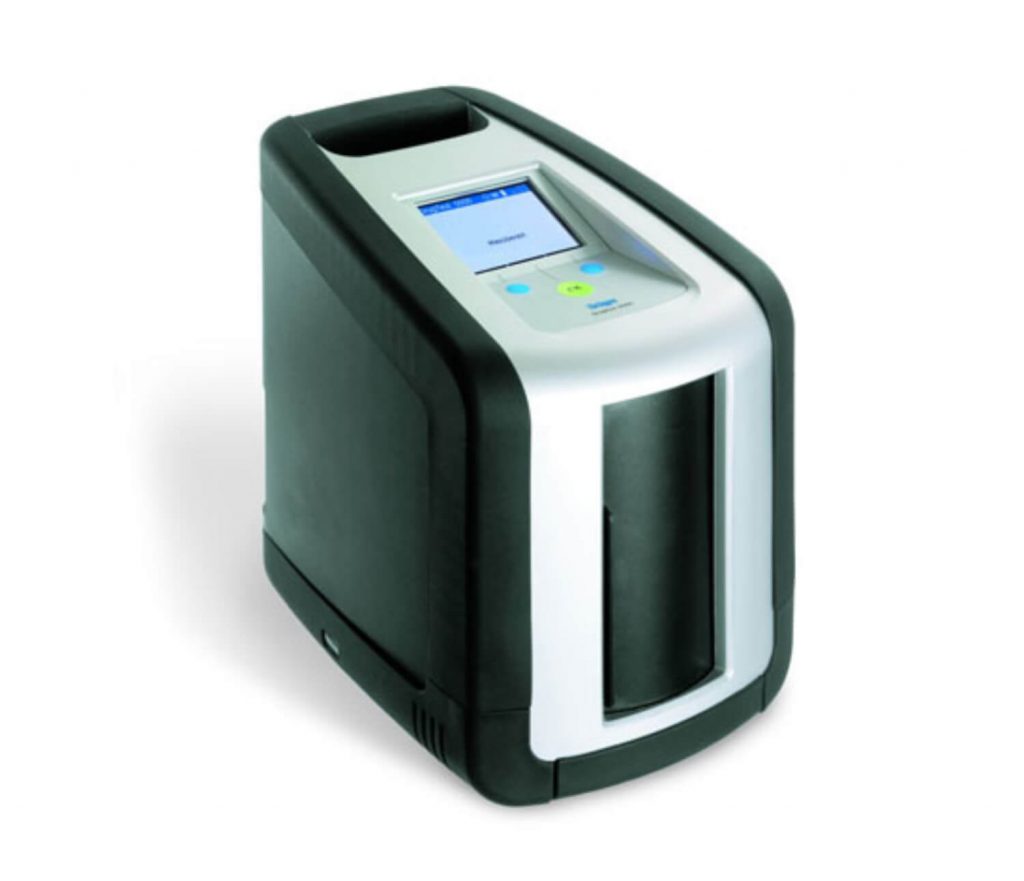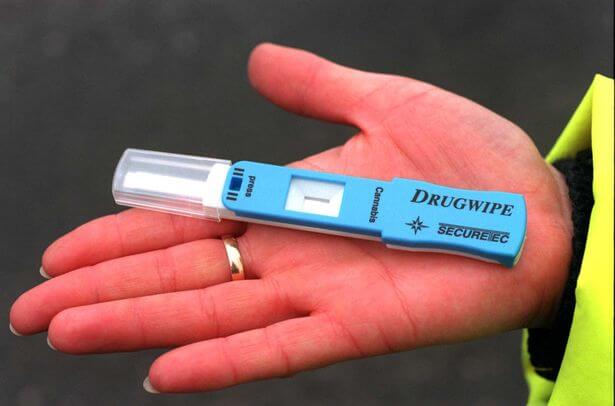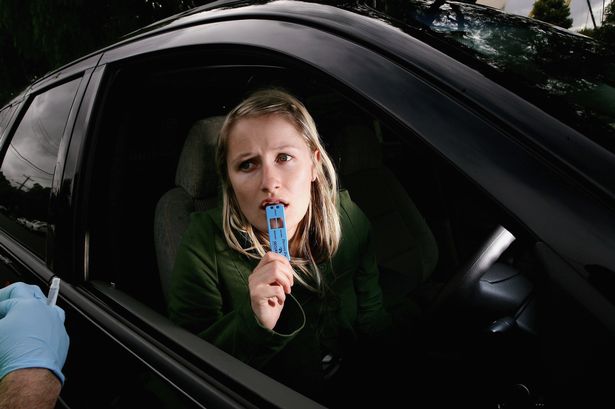New roadside tests to check for prescription drugs

New roadside tests to check for prescription drugs
The Department of Transport has confirmed that in just a matter of weeks motorists will face roadside checks for commonly prescribed medicines such as Valium and sleeping tablets, as well as for illegal drugs.
The drug testing will be introduced in March and gardaí will subject motorists to random checks using a portable device.
Roadside drug testing is carried out in a number of countries around the world like Australia, Belgium and France. The machine they use is called a Dräger DrugTest 5000. When requested by the police motorists give a sample of saliva using a swab. The swab turns blue when a sufficient amount is collected, before being placed in the machine. The result is available within eight minutes.
If a motorist is found to have levels exceeding legal limits, they will be taken to a garda station where they will have to provide a blood sample and if they fail to comply it will constitute an offence which can incur a fine of up to €5,000 and six months' imprisonment.
The new legislation is being introduced under the Road Traffic Act 2016 and the portable machines will be rolled out gradually, with 50 in the coming weeks - 86 will be available in stations, where tests can also be conducted.
The machines will initially test for three illegal drugs - cannabis, cocaine and heroin but more types of drugs will likely be added over time to test for benzodiazepines which include Valium, sleeping tablets and other anxiety-treating medication. 
If a driver is found to have levels of a specific drug, whether illegal or prescriptive above specified limits, they will face a year's disqualification from driving. If they are involved with a second offence they can face a two-year disqualification.
Many who are prescribed some of these specific drugs by their doctors are worried about the implications of the new legislation but experts have insisted that motorists on prescription drugs had nothing to fear as long as they took the prescribed dose. 
The new laws also allow for medical exemptions for medicinal cannabis, which is prescribed under the name of Sativex.
"If someone is taking them, in accordance with their prescription, there's no difficulty," said Professor Denis Cusack from the Medical Bureau of Road Safety (MBRS). "We know that many people are not taking benzodiazepines in accordance with the prescription, or are buying them on the black market."
Seemingly, the new laws mainly have an emphasis on road safety and not whether a drug was legal and according to the MBRS, almost 70pc of positive drug samples tested by the MBRS are in drivers under the age of 34.
"There's an emphasis on impairment, or people taking things they shouldn't be taking. This is about road safety. There's the proverbial young man who goes to Amsterdam, takes cannabis where it's legal and comes back. We also look at the young man who goes to Amsterdam and drinks . . . it's about when you get into your car, do you have something in your system which makes you unfit to drive?"
Under the new LAWS, Gardaí will not have to prove that the driver is unfit to drive. All they have to establish is if levels above permitted limits are detected in the blood test, then it will constitute an offence.
If it is a positive result, the motorist is taken to a garda station where a blood sample is taken. If this confirms the result, they will be prosecuted.
Author

Justin Kavanagh
Justin Kavanagh is a recognised leader
in automotive intelligence and vehicle
data supply to the entire motor industry.
He has almost 20 years experience in
building systems from the ground up.
As the Managing Director of Vehicle
Management System, he understands the
need and importance of trustworthy and
reliable vehicle history and advice to
both the trade and the public.
Follow me on LinkedIn
